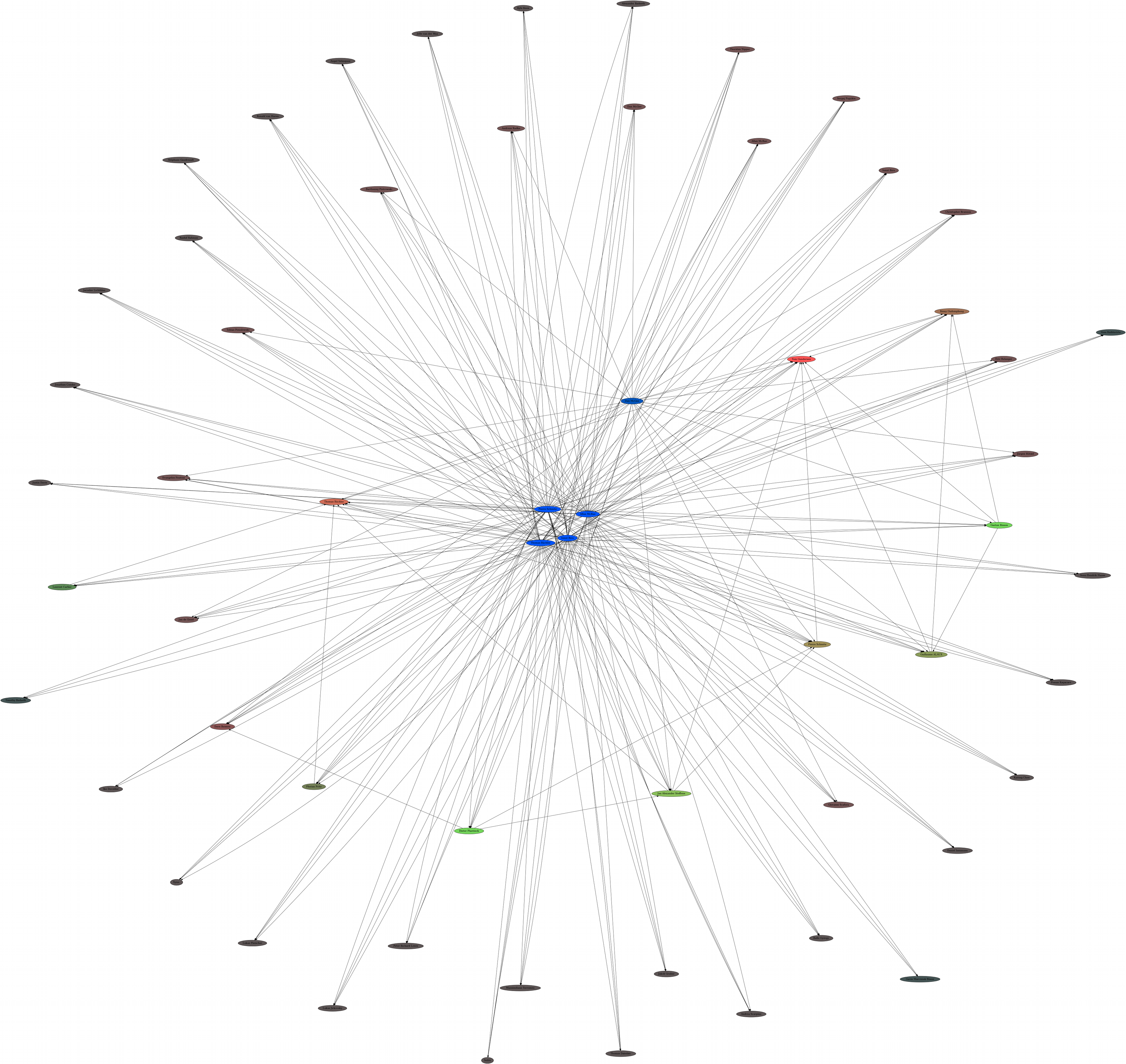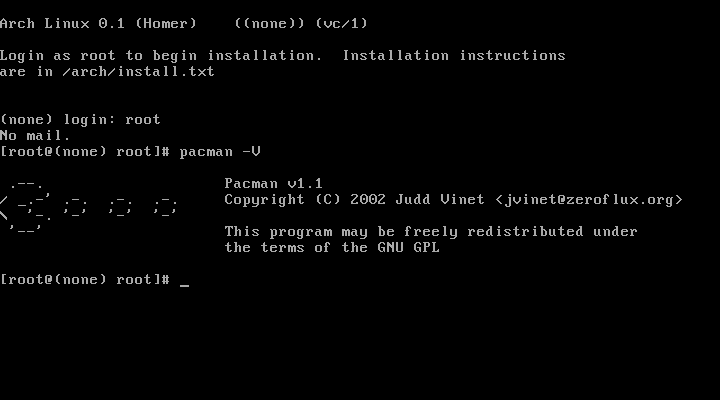All our packages are finally signed, pacman itself and our development tools are able to create and verify signatures for some time now. There are still some bits and pieces missing until we can have package verification enabled by default, but we are almost there.
At some point in time you might want to switch from an untrusted setup to one that magically verifies every package. Sadly it wont be that easy and to be entirely correct paranoid users will even need to reinstall from a signed medium (which does not exist yet) as it is hard to tell if your system was already compromised. I assume most users will instead hope for the best and skip this step.
While pacman can tell you if a package was signed by a private key to a given public key, it will be up to you to decide whether that key can be trusted or not. Due to the nature of the web of trust used in PGP you wont need to verify the key of every single developer. Instead you will only need to trust five of us who have created so called master keys.

These master keys wont be used to sign packages directly but to sign the keys of every packager. If a packager key is signed by at least three of those master keys PGP will automatically trust this key as well. To sum things up, you will only need to verify five keys once and you are done. You neither need to care about verifying each key nor to keep track of developers joining or leaving the team.
You will find the finger prints of all five master keys on our website. However, it is certainly a good idea to check other sources as well. For all what we know that site could already be compromised. The more clues you can gather to verify a key the better. Here are some hints about what you could verify. But don’t stick to that list, be creative.
- Make sure you are accessing that master key website via https.
- Verify that the SSL certificate is valid.
- You may also check that the certificate is issued by StartCom Ltd. to Aaron Griffin.
Each key holder has also signed their master key with their packager key. Therefore it is useful (and probably easier) to verify these packager keys as well. Let’s see what we can find out about these keys
- Some packager keys are verified by CAcert. If you trust those you now know that their email address and name match a real person. Keep in mind that this does not mean that this person is authorized to create packages for Arch Linux.
- Some of us have their own homepage where we also publish our keys.:
- In that case you can check whether the whois entry matches the person’s name.
- If they provide https access check their certificate and the name it was issued to.
- Check if that homepage is the one that these developers advertise in their signatures, forum profiles etc..
- If they sign their mails to the mailing list you can verify these as well. See if you can find mails from different time periods.
- Be a stalker, use your favorite search engine to look up their names, mail address, homepage addresses but also key fingerprints and ids.
These are some basic checks you can quickly do online with a reasonable amount of effort. Of course none of these checks are absolute and even if you do them all you cannot be certain. At some point you will have to ask yourself how much effort and money an attacker would invest in compromising Arch Linux users. This is a general rule for security related topics: you may not be able to make an attack impossible, but you can try to make it too expensive.
Last but not least, if you are too lazy to verify all this yourself, ask someone you trust instead. It is a web of trust after all. This also means that if you went ahead and verified all master keys as good as possible, tell people about it. You may just write a brief blog article about it and quote the key finger prints.
Of course the best way to let everybody know that you have verified someones key is to sign it using your own. But I would advice you to only do so if you have met that key owner in person. That also means: if you ever meet a developer or trusted user: ask them to sign each others key.
I am leaving you with a list of short cuts to start with:


